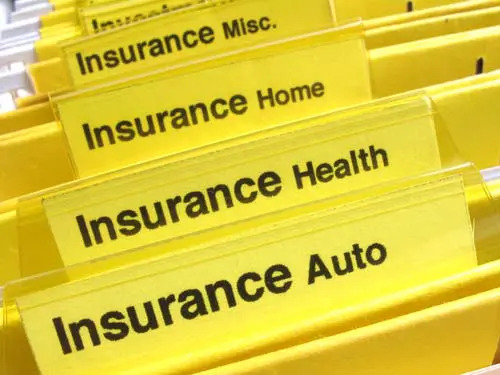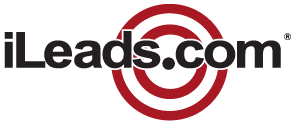 The pandemic has triggered a notable uptick in usage based insurance (UBI), and the auto segment has been working towards developing the best digital solutions to keep money in clients’ pockets. Last week you were reading Does Wholesale Distribution Increase Costs For Insureds? This week we’re bringing you:
The pandemic has triggered a notable uptick in usage based insurance (UBI), and the auto segment has been working towards developing the best digital solutions to keep money in clients’ pockets. Last week you were reading Does Wholesale Distribution Increase Costs For Insureds? This week we’re bringing you:
Insurers Could Get Lower Rates on Liquidity with Bills in States*

Many in the insurance industry may think of the Federal Home Loan Bank as an agency that facilitates affordable mortgages for homes.
The system, founded in the waning days of the Herbert Hoover administration to support community investment, is that. But it also lends to member insurance companies that may need help with liquidity or can’t find such low rates in the commercial lending market. More than 500 U.S. insurers now participate in the program – more than double the number of just a decade ago, the FHLB has reported.
And, if bills now pending in several state legislatures become law, more insurers are likely to consider becoming members and enjoy even better terms on commercial loans. FHLB officials this year have been quietly going state-to-state, urging lawmakers to approve measures that would guarantee that the Home Loan Banks would have first priority on collateral pledged by insurers.
With that, the FHLB system would no longer have to require that member insurers pay a premium charge on loans, potentially saving the carriers considerable amounts, explained Melissa Dallas, first vice president and corporate counsel for the Home Loan Bank of Cincinnati, one of 11 regional banks in the system.
Hospitality sector steps up risk controls as cyber, other threats rise*
Hotel and restaurant owners, many of whom repurposed their properties during the pandemic, need to prioritize risk management protocols even as some rate increases level off, experts say.
As the hospitality sector moves toward recovery, many property owners still face challenges, such as lower occupancy rates and labor shortages, that can exacerbate losses.
Greater use of technology by hotels and restaurants has also heightened scrutiny of their cybersecurity controls.
Hub International Ltd. predicts that property/casualty rates for both restaurants and lodging establishments will rise as much as 20% this year, because of cyber rate increases.
While some property rate increases will level off and single-digit liability rate increases are possible for standard risks, cyber placements are driving pricing for hospitality risks, said Kimberly Gore, Myrtle Beach, South Carolina-based national practice leader of Hub International’s hospitality specialty practice.
The hospitality industry is “technology dependent” with features like online payment and reservation transactions and digital key access, Ms. Gore said.
If an account has controls in place and is proactive about prevention and monitoring, they are not going to see 20% rate increases, but an account that is “just catching up to the cyber and technology trend is probably going to see over 20%,” she said.
Usage based insurance – Zooming towards a new concept*
The pandemic has triggered a notable uptick in usage-based insurance (UBI), and the auto segment has been working towards developing the best digital solutions to keep money in clients’ pockets.
When a client hears UBI, most do not understand the distinction between milage-based or behavioral-based policies or the benefits each program offers, according to Rory Joyce, general manager at Credit Karma Auto.
UBI only has around 5% market penetration but 85% of millennials say they’re open to these programs. “There’s a major gap but we’re uniquely positioned to accelerate in this market and fill that gap quickly,” Joyce added.
Consumers do not want to overpay for auto insurance, but many are leaning towards behavioral-based UBI models so they are not limited in the amount they can drive.
“Milage-based programs are impactful if you drive under 1,000 miles, but most Americans are within that 1,200 to 1,800 range so they wouldn’t see as much of an impact on their insurance savings,” Joyce explained.
As more driving data is collected, auto policy pricing will not be as generic as the industry has traditionally been. Meanwhile, from a carrier standpoint, UBI programs provide a great opportunity to have more segmentation and build consumer friendly products to retain business.
Credit Karma’s app is an example of the innovative technology that is helping to improve consumers’ credit and save money on their auto insurance.
Finding highly affordable leads to keep sales coming in
At iLeads, we have many great solutions for insurance agents at a low cost. If you’d like to see how we can help you bring in consistent sales for a great price, give us a call at (877) 245-3237!
We’re free and are taking phone-calls from 7AM to 5PM PST, Monday through Friday.
You can also schedule a call here.

